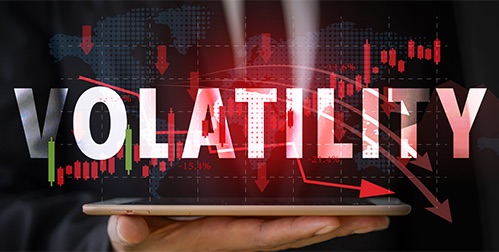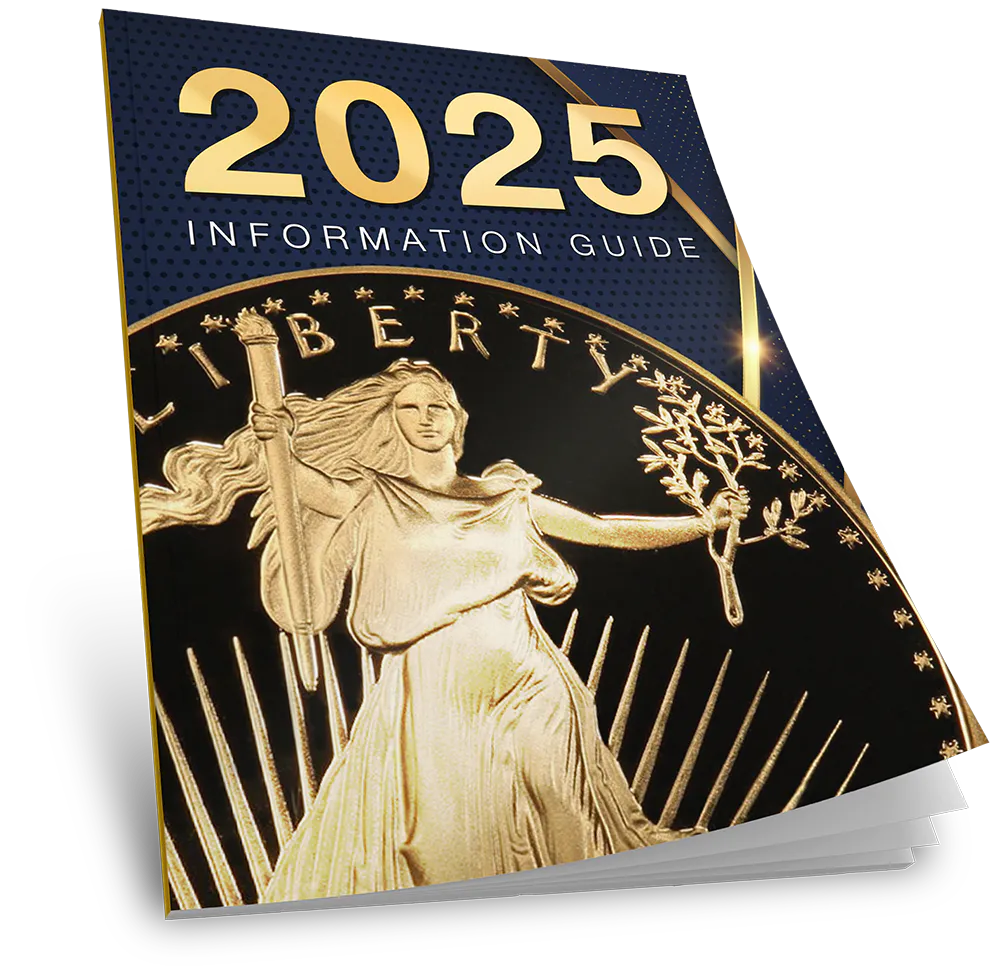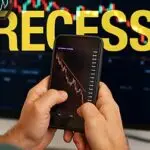Volatility Rising with Uncertainty
Last week, the stock market experienced its worst week since 2023. As the market struggles to recover those losses, volatility is rising. As is uncertainty about the economy’s future. With uncertainty stemming from numerous sources, financial gurus are moving into defensive positions until a clearer outlook arises.
Recession Fears and Job Market Uncertainty
One of the main drivers of market anxiety is the fear of an impending recession. A cooling labor market is sparking concerns. According to the latest report, the U.S. economy added 142,000 jobs in August. That number fell short of expectations. While the unemployment rate dipped to 4.2%, the job growth numbers for June and July were revised downward by a substantial amount.1
Historically, recessions follow periods of weak job growth. The Sahm Rule, which tracks the moving average of the unemployment rate, has crossed into recession territory. Layoffs do remain relatively low. However, the combination of slow job creation and reduced business expansion plans is fueling fears of a significant downturn. A once resilient labor market is cracking. And those cracks are revealing structural issues that could lead to a recession.
Interest Rate Cuts: Too Late to Save the Market?
The Federal Reserve’s upcoming decision on interest rates is another major source of uncertainty. Historically, rate-cutting cycles have coincided with economic slowdowns. Many analysts fear that the Fed’s actions may be too little, too late. The central bank is expected to lower rates in response to the cooling labor market and reduced inflation. But some worry that these cuts may not be enough to prevent a recession.
A key issue is the “bull steepening” of the yield curve. This is where short-term interest rates fall faster than long-term rates. This shift typically occurs when the Fed begins lowering rates in response to economic weakness. This steepening can boost borrowing and spending in the short term. However, it often signals deeper economic trouble ahead. In previous bull steepening cycles, stocks have dropped by an average of 20%. Analysts are suggesting that rate cuts could mark the beginning of a larger market downturn rather than a path to recovery.2
Government Shutdown Threats Add to the Uncertainty
Compounding these economic concerns is the looming threat of a government shutdown. Congress has until September 30 to pass a funding resolution. Yet deep divisions between Republicans and Democrats have made it difficult to reach a compromise. With the November elections on the horizon, both parties are reluctant to concede on key issues.
A government shutdown could have far-reaching consequences. It would affect everything from federal employee pay to critical social services. Additionally, a shutdown could delay key economic reports. That would make it harder for investors to gauge the health of the economy. Historically, markets have reacted negatively to prolonged government shutdowns. Disruptions to services and uncertainty about fiscal policy shake investor confidence. A shutdown now, on top of existing fears of a recession and market volatility, could further unsettle the market.
Election Uncertainty and Market Volatility
The upcoming U.S. presidential election adds yet another layer of complexity to the market. Historically, election years are volatile. Investors try to predict the impact of potential policy changes on corporate profits and economic growth. This year is no different. Polls are showing a tight race between Kamala Harris and former President Donald Trump. Both candidates represent starkly different economic agendas. The impact of either could send different market sectors soaring or crashing.
 3
3
Election-related uncertainty often leads to increased market swings. Traders respond to shifting polls and potential policy shifts. Historically, markets tend to sell off in the weeks leading up to an election, as investors hedge against the unknown.
Conclusion
The stock market is facing a perfect storm of economic uncertainties. From fears of a recession to the potential fallout from interest rate cuts, a looming government shutdown, and election-driven volatility, Americans are bracing for turbulent times.
As the market contends with these uncertainties, many financial gurus are advising caution. They are moving into defensive positions and waiting for clearer signals before making their next move. Until these issues are resolved, volatility is likely to remain the defining feature of the market.
A main source of stability is physical gold. The price of gold has risen steadily in 2024. This rise in gold prices reflects broader concerns about the future of the economy and disruptions looming ahead. Now is an ideal time to learn how physical gold and silver can protect the value of your retirement funds, especially if they are in a tax-advantaged Gold IRA. Contact us today at 800-462-0071 to learn more.






